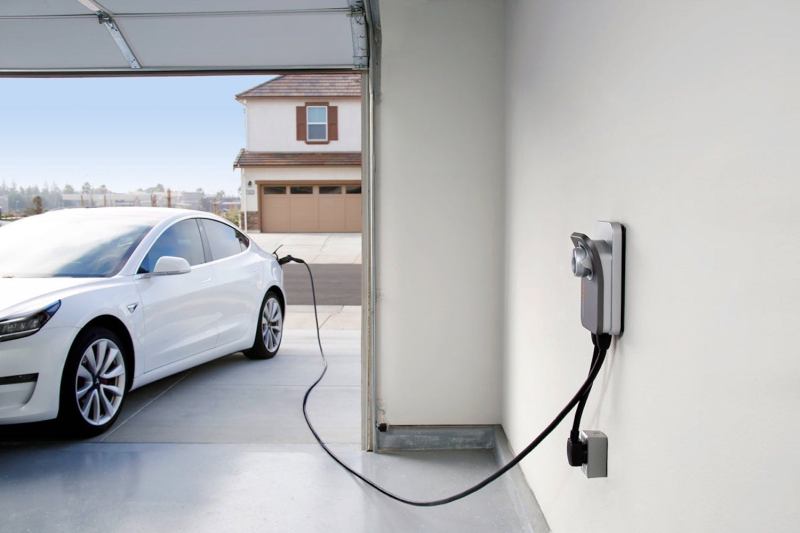Beyond price and range, one of the other major hurdles for electric vehicles is the lack of available electric charging stations. It’s something we run into when we test electric cars, as charging stations tend to be scarce or too old to charge modern EVs. The latter is an issue we ran into with the Ford Mustang Mach-E. While most consumers are quick to shy away from EV ownership because of the small number of EV charging stations in the country, new research that dives into how EV owners charge their vehicles suggests that the lack of available chargers shouldn’t be a core factor when deciding to purchase an EV.
According to new research from Pecan Street via Canary Media, 70% of charging sessions utilize less than 10 kWh per plug-in. After that, a large portion of charging sessions see owners get less than 5 kWh for their EVs. While EV owners aren’t charging their vehicles for a long time, they’re charging their vehicles frequently. There could be a few reasons why EV owners charge their vehicles like this. The simplest reason is that battery packs in EVs have become much more efficient. The second explanation is that owners overestimate how much range they’ll need from their EV for daily drives, while the last hints toward the reliance on at-home charging stations.

Thanks to updated electric architecture, automakers now have vehicles that can charge at incredible rates. The Porsche Taycan’s 800-volt architecture allows it to gain 62 miles of range in roughly four minutes. The Kia EV6 has a similar 800-volt architecture that allows it to go from 10% to 80% of charge in 18 minutes. Automakers are finding ways to get charge times down with massive leaps in technology. Earlier this October, researchers at Penn State covered a new type of battery design that could be charged from dead to full in just 10 minutes. This kind of tech would allow automakers to fit smaller batteries to EVs, while removing range anxiety from the equation.
At the moment, most consumers are looking to purchase an EV with at least 300 miles of range. That figure seems to be the magical number that quells range anxiety without costing a fortune. Automakers have started to fit EVs with larger battery packs and improved battery technology to squeeze out more range from EVs. The Lucid Air offers up to 520 miles of range, besting the Tesla Model S, the one-time leader, that offers up to 405 miles of range. Instead of focusing on increasing range, some believe that improving charge times and the charging infrastructure are better options.
Going forward, the research indicates that an efficient grid will be necessary to help increase the adoption of EVs and sustain EV owners’ reliance on at-home charging. Canary Media calls for flexibility from the grid to allow owners to charge their EVs when the grid isn’t being strained and when prices for electricity are low.



